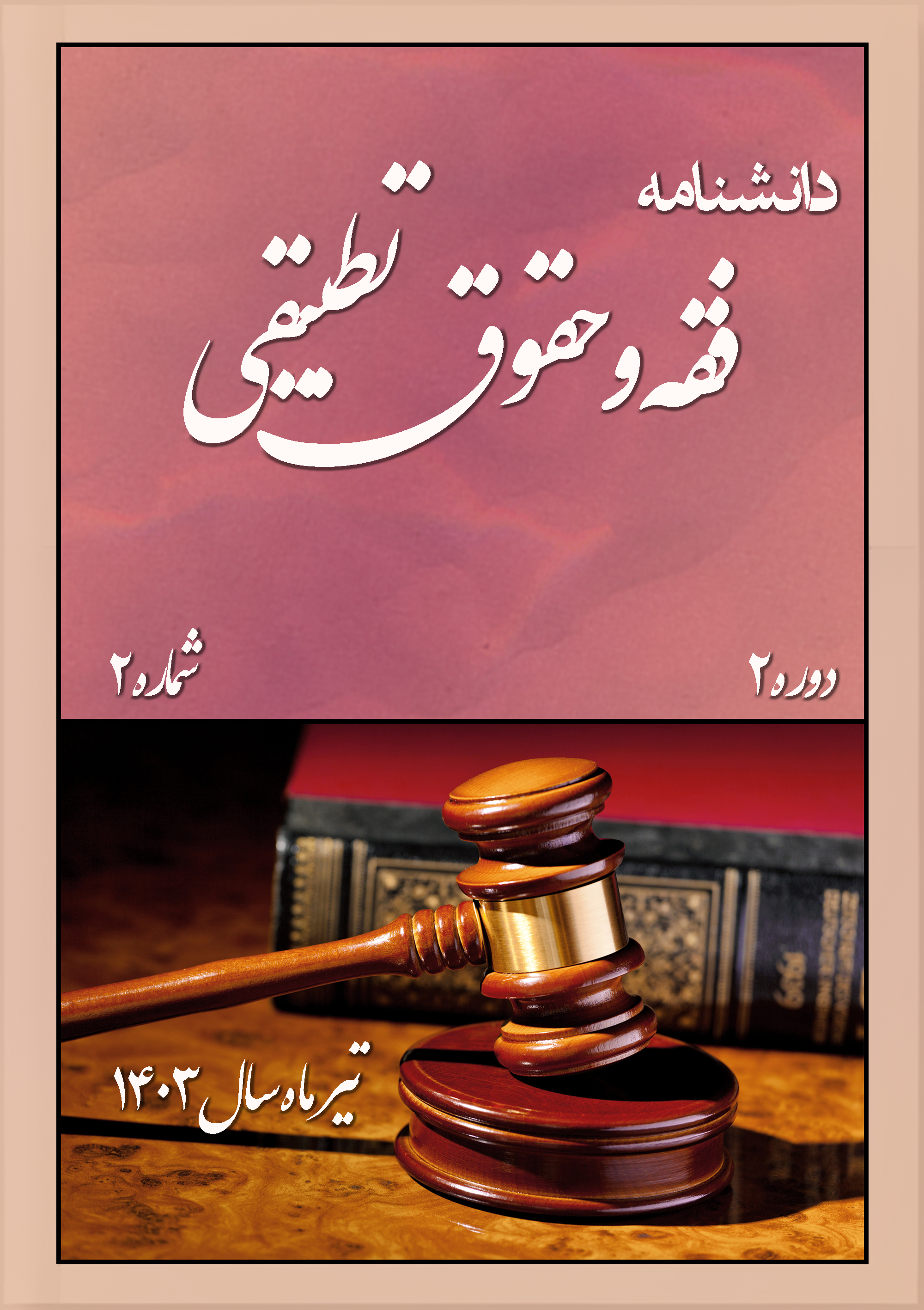The Concept of Restorative Justice in the Implementation of Islamic Hudud: A Comparative Study with Restorative Justice
Keywords:
Restorative justice, Islamic jurisprudence, judicial system, compensation, repentance, victim rights, QisasAbstract
Justice is a fundamental concept in Islamic jurisprudence, emphasizing the restoration of social balance and the reinforcement of community cohesion. Restorative justice in the Islamic framework focuses on compensating victims and rehabilitating offenders, aligning with the objectives of reconciliation and societal harmony. Conversely, restorative justice in modern legal systems involves active participation of victims, offenders, and the community to repair damaged relationships and prevent reoffending. This article adopts a comparative approach to examine the principles, concepts, and practical applications of restorative justice in Islamic jurisprudence and modern systems. The findings highlight that despite foundational differences in legitimacy and principles, both frameworks share objectives such as ensuring victims' rights, rehabilitating offenders, and rebuilding social relationships. Integrating these two concepts can enhance Islamic judicial systems by blending the practical tools of modern restorative justice with the foundational principles of Islamic Sharia. Such integration could reduce social tensions, strengthen community bonds, and increase public trust in Islamic judicial systems. This study offers practical recommendations for incorporating successful restorative justice practices within the framework of Islamic law.










